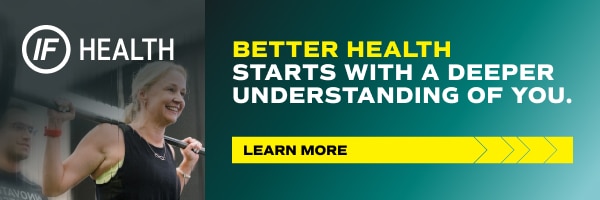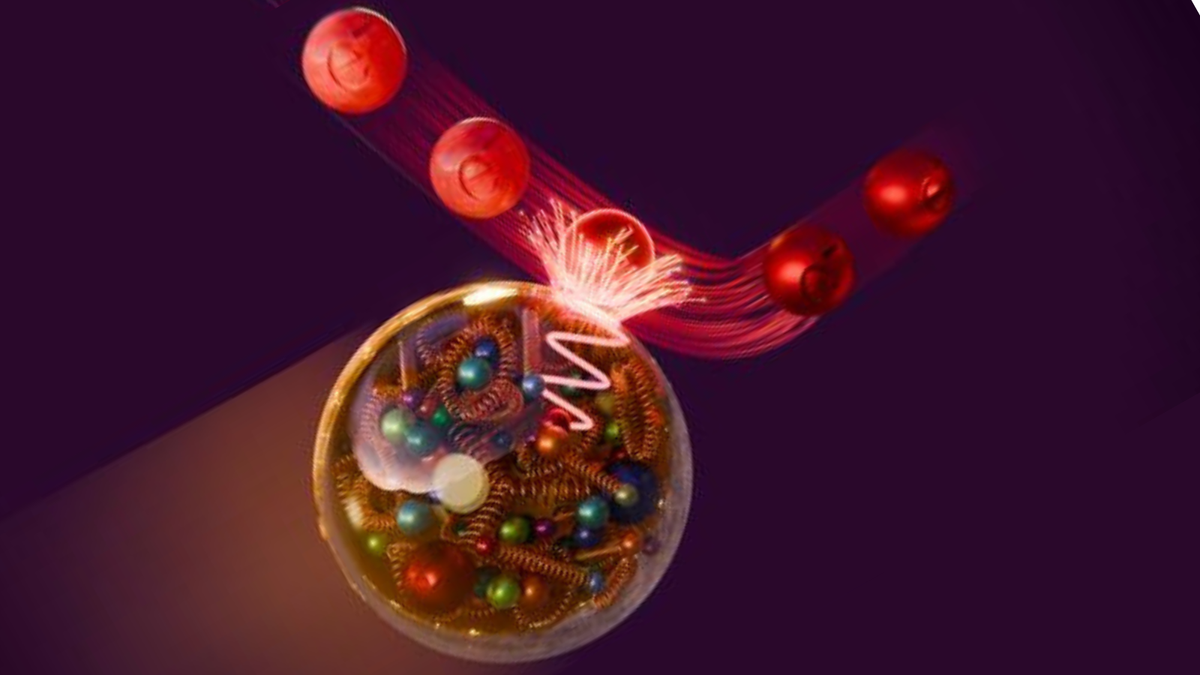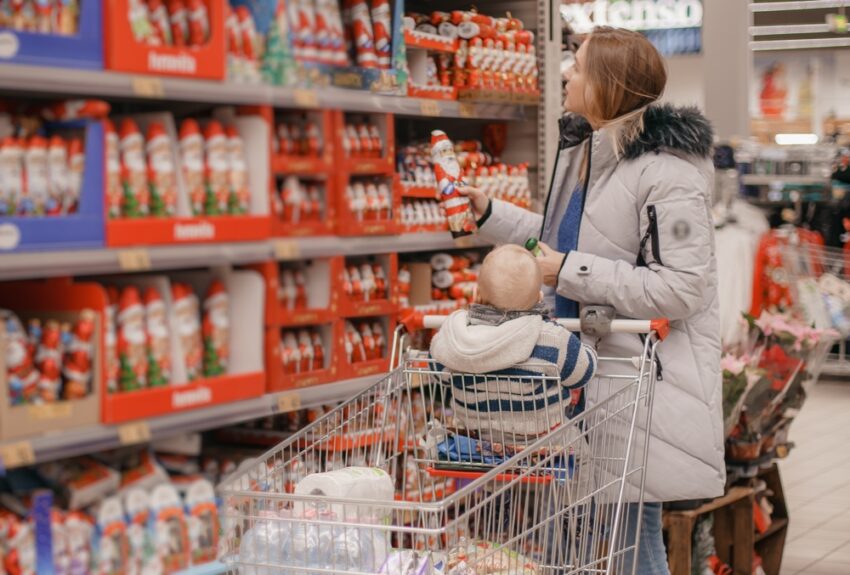Building Stronger Communities: What We Can Learn from Blue Zones
In the quest for a long and healthy life, diet and exercise often steal the spotlight. But in the world’s longest-living communities, social connections and community engagement are equally essential. The Blue Zones, known for their high number of centenarians, demonstrate that social bonds may be as vital to longevity as nutrition or physical activity. So, what can we learn from these regions about building stronger, healthier communities?
What Are the Blue Zones?
The Blue Zones include five regions where people routinely live to be 100 years or older:
- Okinawa, Japan
- Sardinia, Italy
- Nicoya Peninsula, Costa Rica
- Ikaria, Greece
- Loma Linda, California
Research by National Geographic and Dan Buettner uncovered that shared lifestyle practices contribute to the long, healthy lives of these communities. Among them, the emphasis on social bonds and supportive networks stands out as a key factor in promoting physical and mental well-being.
The Power of Social Connections for Longevity
Studies show that people with strong social connections have a 50% greater chance of longevity than those with fewer ties. Positive social interactions not only reduce stress but also foster a sense of belonging, which in turn supports mental health. For instance, the people of Okinawa have a practice called “moai,” a lifelong circle of friends that provides mutual support. This sense of community helps reduce isolation, a known risk factor for both mental and physical health challenges.
Blue Zones Insights on Building Social Connections
Let’s explore some key principles from Blue Zones communities that we can apply in our own lives to strengthen social bonds and support longevity.
1. Prioritize Regular Social Gatherings
In Blue Zones, people consistently gather with family, friends, or neighbours. Whether it’s sharing a meal or celebrating a community event, these regular gatherings reinforce social bonds. In Sardinia, for example, families often dine together daily, while friends meet in the town square for conversation and laughter. Regular interactions help reduce feelings of loneliness, supporting both mental and physical health.
Try This:
- Schedule weekly family dinners or regular catch-ups with friends.
- Host community events or join local groups that encourage shared activities.
2. Seek Out “Tribes” with Shared Values
Finding a group with common interests and values can create a supportive environment where everyone feels they belong. In Loma Linda, the tight-knit Adventist community shares a commitment to health and wellness, reinforcing healthy behaviours like plant-based eating and regular exercise. These shared values encourage healthy habits and strengthen social support.
Try This:
- Look for community groups focused on wellness, hobbies, or causes you care about.
- Join fitness classes, social clubs, or volunteer organizations that foster a sense of community.
3. Stay Connected Across Generations
Intergenerational relationships are a hallmark of Blue Zones. In Okinawa, elderly family members often live with younger generations, creating a natural exchange of knowledge and support. Intergenerational bonds not only benefit mental well-being but also foster resilience and purpose as family members support each other through different stages of life.
Try This:
- Create opportunities to engage with people of different ages in your community.
- Encourage family gatherings that involve multiple generations, or volunteer with groups that support elderly individuals or mentor young people.
4. Foster a Sense of Purpose
In Blue Zones, people often have a strong sense of purpose, known as “ikigai” in Okinawa and “plan de vida” in Nicoya. This purpose gives meaning to daily life and is associated with lower stress levels and a longer lifespan. Purpose-driven communities tend to offer more support and inclusiveness, which helps individuals feel valued and connected.
Try This:
- Reflect on activities or goals that give you a sense of purpose and integrate them into your life.
- Volunteer, mentor, or take part in causes that contribute to your sense of meaning.
5. Encourage Physical Proximity in Community Spaces
Proximity plays a significant role in building strong social bonds in Blue Zones. Residents of Ikaria and Sardinia, for instance, live in close-knit communities where homes, shops, and public spaces are within walking distance. This layout encourages spontaneous interactions and reinforces social ties.
Try This:
- Support or organize neighbourhood gatherings and local events in accessible public spaces.
- Encourage group fitness activities that are walkable or local, like our Social Sweat classes at Innovative Fitness.
Bringing Blue Zones Lessons to Your Own Community
Building a community with strong social connections doesn’t require living in a Blue Zone; it simply requires intention and effort. By prioritizing social interactions, finding your “tribe,” and fostering intergenerational relationships, you can cultivate a support network that not only enhances well-being but also supports longevity.
At Innovative Fitness, we believe in the power of community to support and inspire. Our training programs are designed to bring people together in a positive, encouraging environment. Learn more about our community-focused fitness programs here.
Join our Innovative Fitness community and discover the benefits of belonging to a group that supports your wellness journey. From group classes to social events, we’re here to help you build a healthy, connected lifestyle.









Leave a Comment